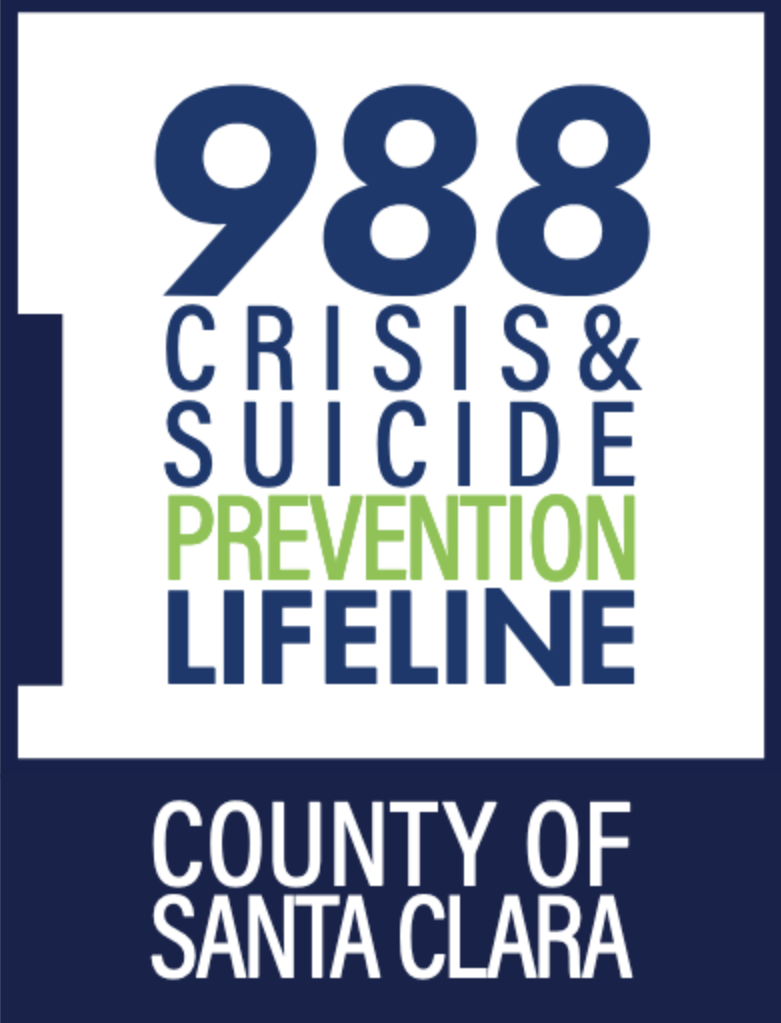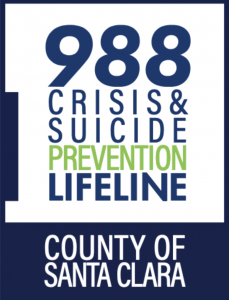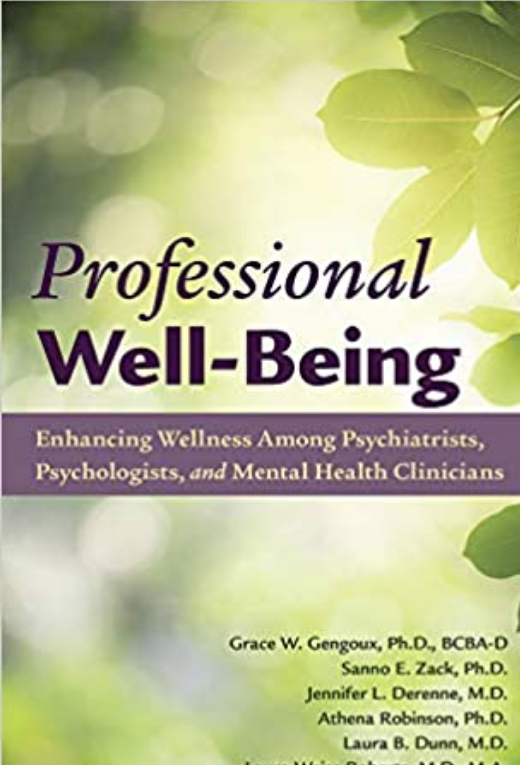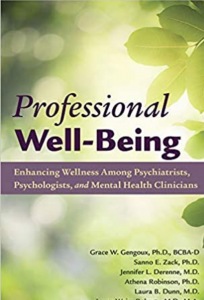A Practical Guide to Self-Care for Helping Professionals [downloadable]
 Self-care for professionals is vital to the effectiveness of the services being provided. Helping professionals may not consider their own needs, or they may be preoccupied with their responsibilities. Read more ›
Self-care for professionals is vital to the effectiveness of the services being provided. Helping professionals may not consider their own needs, or they may be preoccupied with their responsibilities. Read more ›


 Our approach to ADHD in women and girls has been broken for too long. To fix it, we must challenge everything we know about the assessment, diagnosis, and treatment of ADHD today.
Our approach to ADHD in women and girls has been broken for too long. To fix it, we must challenge everything we know about the assessment, diagnosis, and treatment of ADHD today. 
 the County of Santa Clara Behavioral Health Services Department (BHSD) transitioned to the new national three-digit suicide prevention lifeline number, 988. The new number is a quicker and more direct way to get support in times of need. Callers with 408, 650, and 669 area codes dial 988* to get compassionate support and connection to local crisis service.
the County of Santa Clara Behavioral Health Services Department (BHSD) transitioned to the new national three-digit suicide prevention lifeline number, 988. The new number is a quicker and more direct way to get support in times of need. Callers with 408, 650, and 669 area codes dial 988* to get compassionate support and connection to local crisis service. 

 In proud partnership with
In proud partnership with 
 As a healthcare professional, you may face stress on the job under usual conditions due to long shifts, competing responsibilities, and witnessing or hearing about difficult patient experiences. As a responder on the front lines, you may be noticing signs of stress and distress in yourself and your coworkers.
As a healthcare professional, you may face stress on the job under usual conditions due to long shifts, competing responsibilities, and witnessing or hearing about difficult patient experiences. As a responder on the front lines, you may be noticing signs of stress and distress in yourself and your coworkers. 
 Although data exist to support the notion that physician self-care is correlated with patient care, the culture of medicine has traditionally valued the ideals of self-sacrifice and perfectionism — often to the detriment of clinicians themselves.
Although data exist to support the notion that physician self-care is correlated with patient care, the culture of medicine has traditionally valued the ideals of self-sacrifice and perfectionism — often to the detriment of clinicians themselves. 
 ADDitude magazine is a quarterly publication about attention deficit hyperactivity disorder. It contains feature and service articles about ADD, ADHD and learning disabilities like dyslexia. The
ADDitude magazine is a quarterly publication about attention deficit hyperactivity disorder. It contains feature and service articles about ADD, ADHD and learning disabilities like dyslexia. The 
 Since 1963,
Since 1963, 

